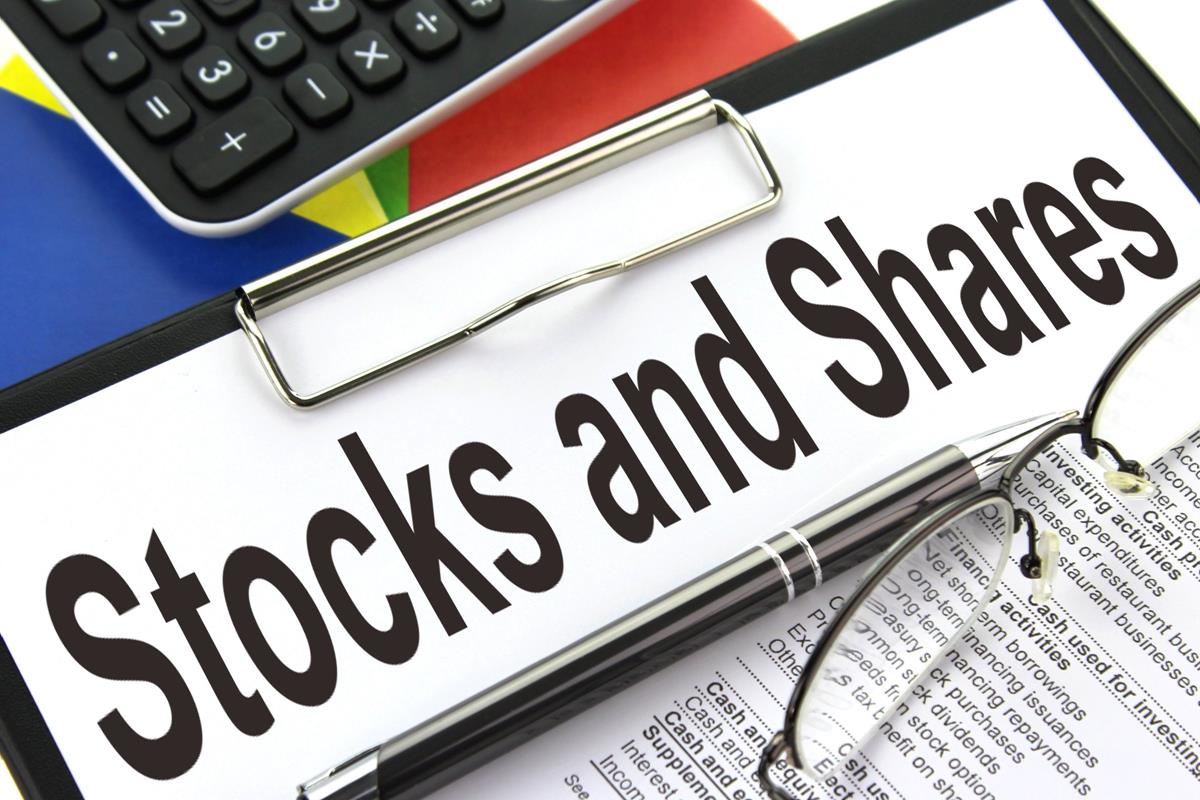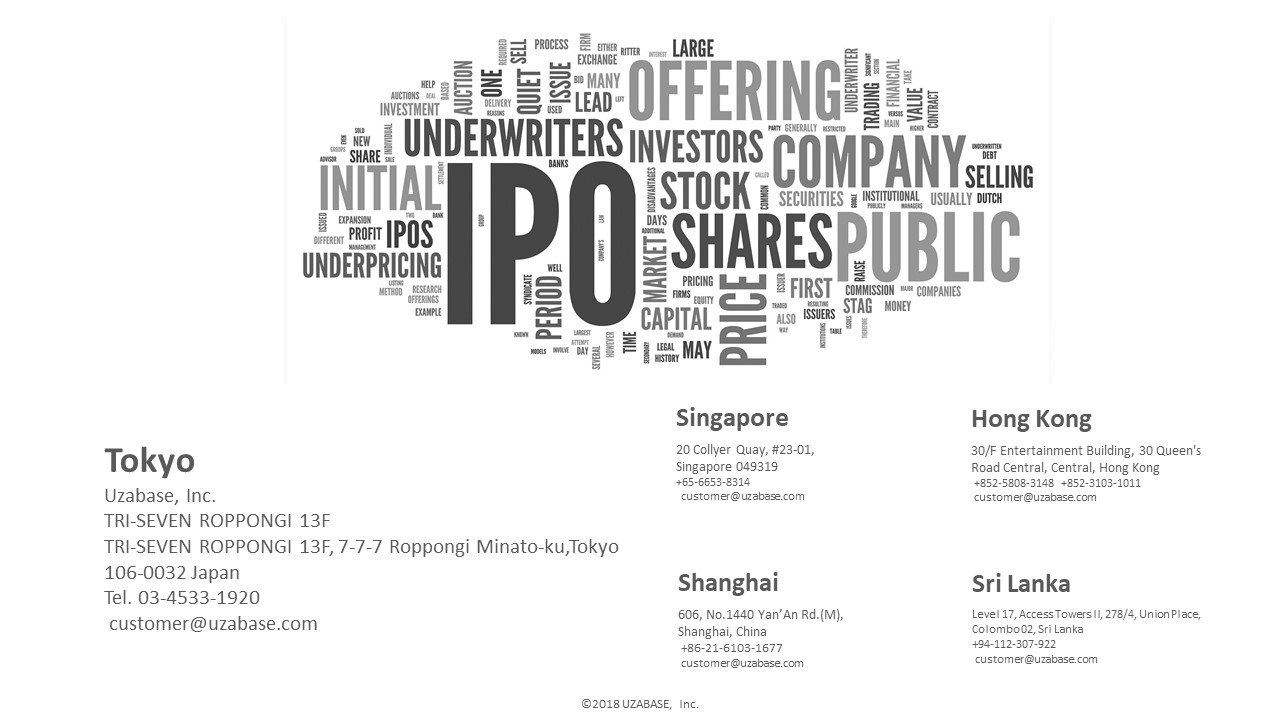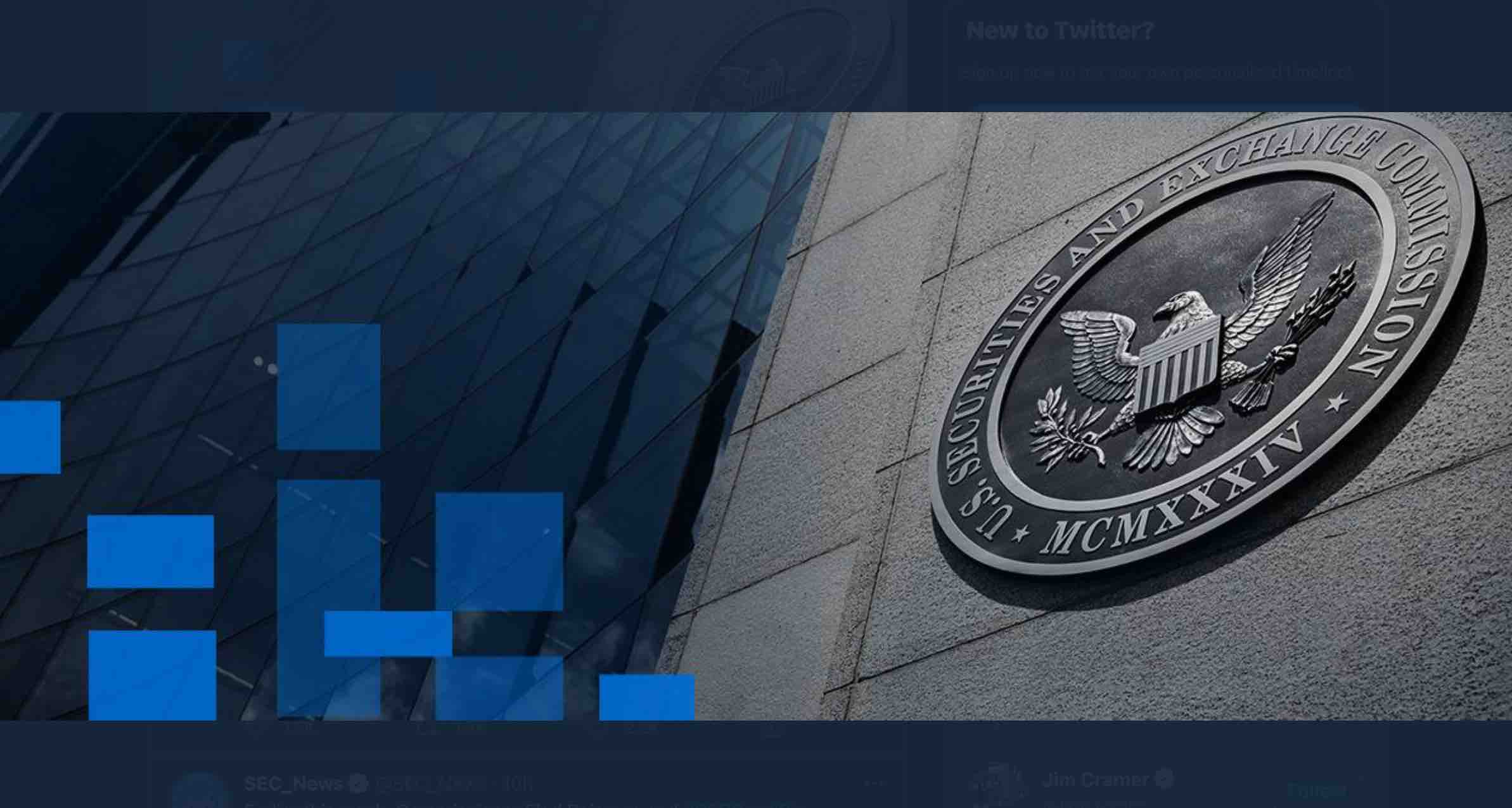What is the role of an IPO in the Stock market?
An IPO is an initial public offering of stock shares in a company. This can be seen as the first time that the company offers stocks to the public. The idea behind an IPO is that once investors are aware of and willing to purchase these shares, then over time this will benefit traditionally undervalued companies. It gives all new investors a chance for success as well as providing liquidity to all early stage investors who can exit their positions, including those who purchased before the IPO was offered.
In an IPO, a company sells some of its shares (stock) to the public through an underwriter. The underwriters provide the shares to investors, sell them and collect commission income. The company also makes a lot of money with this deal.
The following four steps are required to prepare for an IPO:
1) Pre-IPO phase –
The pre-IPO phase includes preparation before making a decision and filing documents to go public with the U.S Securities Exchange Commission (SEC).
2) Filing the registration statement with SEC –
The registration statement is filled with detailed information about the company and its business. The corporation has to pay for the costs for preparing and filing the registration statement. Legal counsel helps in giving opinions about various issues including strategies, risks involved, and legal constraints (like laws, regulations, etc.) that are applicable to company.
3) Underwriting –
Underwriters, who are registered dealers and/or investment bankers, will provide the shares to investors, sell them and collect commission income. The company also makes a lot of money with this deal because the underwriters are charged with selling the IPO shares at a sufficiently high price. In other words, they need to find an investor in order to sell their own shares. Obviously, if they are successful in selling their own shares too quickly then it could be bad for the initial investors.
4) IPO –
The IPO happens after the underwriters have sold all their shares. At this point, the company’s stock trades on a public exchange.” This section requires expansion.” The procedure for purchasing IPOs can be a bit challenging to the average investor. The process usually takes over a month, so investors should consider the timing. They should also look at the fees fees and other costs associated with purchasing shares of an IPO.
The original IPO was created to allow the public to invest in early-stage companies. It is only available to a limited number of large and established corporations. A company must be large and successful enough to receive a friendly review from investment bankers. Also, the company must have already received substantial financing before it goes public. The most common type of IPO is known as the Reverse Merger.
This type of IPO is often used by companies that have already received a substantial amount of financing, enabling them to sell shares to the public. It enables the company to continue operating while it takes a short break from raising further funds through the sale of their own stock. Underwriters are generally paid a fee ranging from 7%–10% per annum and a share premium payment ranging from 5–6%. A high figure is paid because companies have less risk when issuing shares in an IPO.
The Structure of an IPO
IPOs are structured in a similar way to a private placement, which is a way of raising money by selling stock. The big difference between the two is the price at which shares are sold. In a private placement, investors buy shares at a fixed price. In an IPO, they buy shares at a market price.
A company can IPO on one of two exchanges: the Nasdaq or the New York Stock Exchange (NYSE). In the United States, an IPO is subject to SEC regulation and may be only available to large companies with a significant amount of assets. The structure of an IPO can vary widely.
Who Is Involved in an IPO
There are many different types of people involved in each stage of an IPO. · Underwriters – An underwriter is charged with selling the IPO shares at a sufficiently high price. This is the most important part of an IPO because underwriters try to make as much money as possible. They are also responsible for making sure that the company files all of its documents with the Securities and Exchange Commission.
· Authorized officers – Authorized officers decide how much stock will be sold in an IPO, how many shares will be available and whether or not it should do a follow-on offering. Authorized officers are also responsible for deciding the price of the share and whether or not it should be sold on the New York Stock Exchange or Nasdaq.
· The board of directors – The Board of Directors reviews all documents related to an IPO. They must approve any documents that are going to be submitted to investors. They must agree on the company’s financial statements and accompany a price range with stock prices as well as advertising and marketing strategies.
· The company’s counsel – The company’s counsel is the legal counsel for the company. They must look at all documents related to an IPO and make sure that everything is in order before it can be submitted to the Securities and Exchange Commission.
· Broker dealers – A broker dealer is a registered dealer in stock who facilitates an IPO by finding buyers for shares. They are also responsible for selling shares of a follow-on offering, which happens after an IPO. · Private placement – A private placement is used by companies to raise money. The company creates a private placement document (also known as a PIP) that contains all of the company’s financial information. They sell shares in this PIP to investors at a fixed price. There are two types of private placements: registered and non-registered. A registered private placing has the same rights and obligations as an IPO, but it is sold only through registered dealers instead of the public markets.
In the United States, most companies will not be able to go public because they do not meet the SEC’s criteria. For example, a company must have at least $1 billion in assets and be headquartered in a sufficiently large city. In addition, the company’s stock must be listed on a public exchange. If it meets these criteria then it can participate in an IPO. However, there are many ways that companies can go public without meeting all of the SEC rules.
There are two types of Regulation A offerings:
A Regulation A offering is a public offering of securities over the Internet. There is no registration with the Securities and Exchange Commission. Instead, companies file with the Federal Communications Commission (FCC). Companies use Regulation A to raise money for research and development, expansion and acquisitions. · Companies must decide whether or not to go public by their own initiative or if they will be forced to do so by a private placement memorandum from their underwriter.
Regulation A+:
In April of 2015, Regulation A+ was enacted. This was a modification of the original Regulation A and it changes the way that companies can go public. Companies have to comply with a set of rules and must satisfy some conditions. They must also follow certain time limits and file reports with the SEC before their offering becomes effective. These modifications will allow small and medium-sized companies to expand their investor bases by making stock more accessible to investors.
Regulation D:
Regulation D is a rule for private placements of securities. These are sometimes referred to as private offerings, limited offers or restricted offerings. They are available to anyone, but they are subject to restrictions. These restrictions usually apply to the amount that can be raised and the number of investors allowed. There are three main types of Regulation D offerings:
· A Rule 504 offering is reserved for small, unincorporated businesses with under $5 million in assets or $1 million in annual revenues. Participants in a Rule 504 offering must purchase only a limited number of shares. To be eligible for a Rule 504 offering, a company must file an accurate estimate of its revenue and investment over the next year. · A Regulation D offering is also available to other types of small companies that do not fit the criteria for a Rule 504 offering. A Regulation D offering must have at least 100 investors who qualify under rules set out by the SEC. These investors are restricted in their ability to buy shares.
There are two ways to offer shares. The first is called a registered offering. If a company offers shares in a registered offering, they must register their shares with the Securities and Exchange Commission (SEC). This is the same process that companies must go through in an IPO. Registration is not mandatory; however, it is highly recommended because it allows investors to buy and sell shares freely on stock markets.
The second way is called a private placement. These usually allow investors to buy and sell shares freely, but they can also be restricted by the company that issued them, in which case they are no different from a registered offering. After an IPO has been completed, there are two main types of stock exchanges: Organized exchanges (also known as trading posts) and Over-the-counter markets (OTC).
There are two types of organized exchanges:
· A national securities exchange (also known as a national trading system) is an organized market that has rules on how to trade certain securities. They are regulated by the Securities and Exchange Commission (SEC). National securities exchanges set the rules for how stocks can be traded and determine how trading posts must buy and sell stock.
· A regional securities exchange (also known as a regional trading system) is an organized market that can trade securities among their member stocks or between their members and stock exchanges overseas. A trading post must buy and sell stock through the regional securities exchange. These systems may be large or small; they are allowed to come together into a single national securities exchange in order to combine the economies of scale.
OTC markets, also known as over-the-counter markets, operate independently of organized exchanges.



